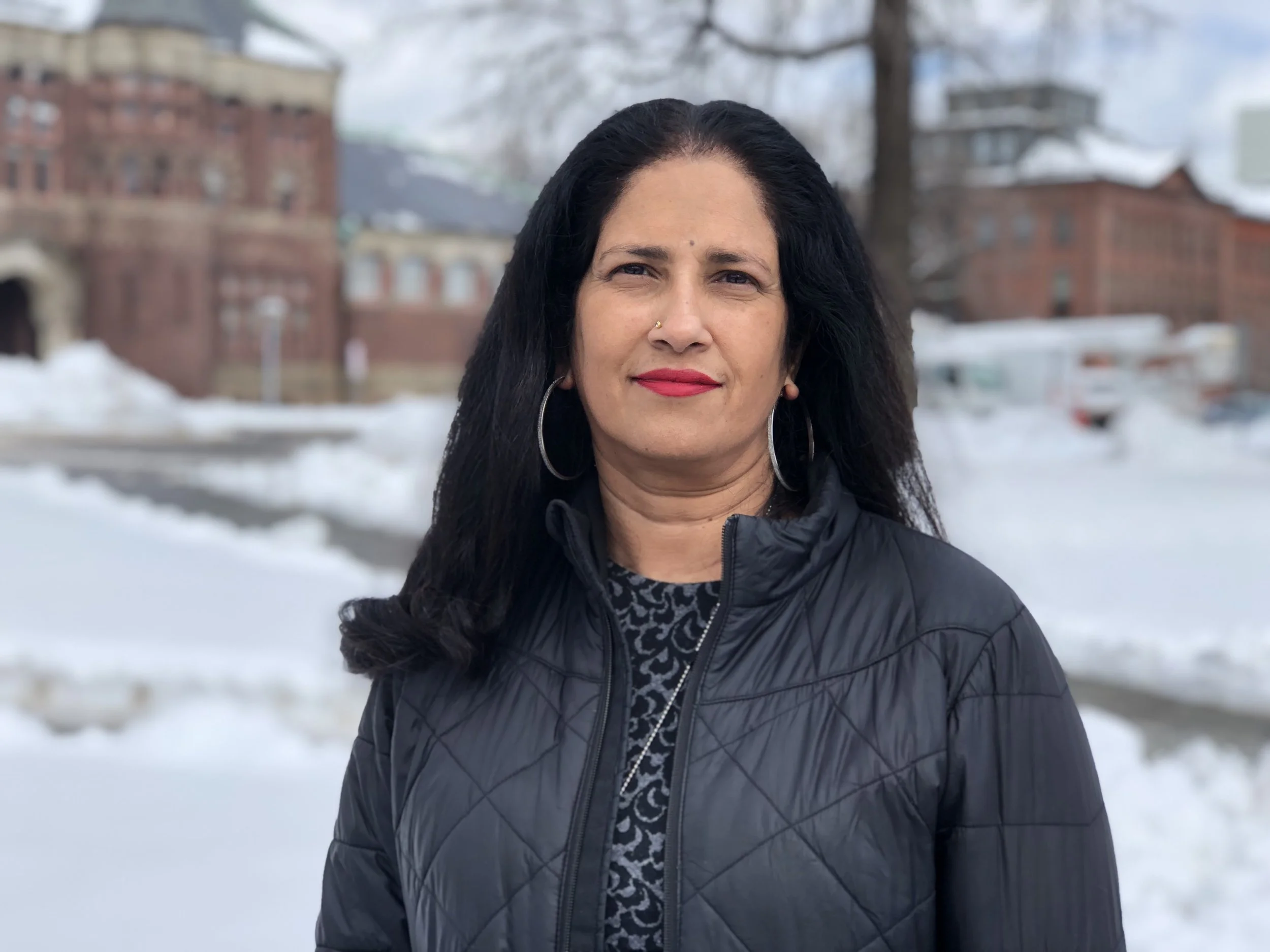This Big Foundation's ECE New Work is Laser-Focused on One City
/That the Kresge Foundation now engages in grantmaking for early childhood education may come as a surprise to observers who only associate its education work with postsecondary success. Yet like others funders lately—as we've been reporting—Kresge has come to have a deeper appreciation of the need to intervene very early in kids' lives. In moving into the early childhood space over the past year, it's taken a strict geographic focus—on Detroit—and is forging some important partnerships.
Kresge has its work cut out for it in Detroit, where over 60 percent of children under the age of eight live in poverty—more than any other place in America’s largest 50 cities. The foundation knows this city—and its problems—well. It was established in Detroit in 1924, and it has been investing in the local community for over 90 years.
In a television interview last month President and CEO Rip Rapson talked about how Kresge aims to improve the fortunes of Detroit's kids with its early childhood work.
“Our hope is that by getting kids ready to enter the schoolhouse environment intellectually, emotionally and developmentally, you give those kids a real leg up and better success down the road,” Rapson recently told interviewer Laurel Hess. Wary of the complications and political battles connected to K-12 education, “we thought ‘let’s start early.’ Let’s go from zero to K, see if we can’t get kids and families the kind of supports they need to get a good start in life,” Rapson said.
This has been an interesting turn. College access and strengthening higher ed institutions have long been near the top of Kresge’s grantmaking, as part of the foundation's larger mission of "expanding opportunities in America's cities." But now much younger students in Detroit are getting this funder’s attention.
There are currently two main ways that Kresge is pursuing its ECE work. Launched in early 2016, KEYS Detroit is a five-year, $20 million initiative aimed at revamping the city’s early childhood development system. Locally focused grants aim to create new comprehensive early childhood centers, improve existing facilities, and foster new neighborhood-based collaborations. There’s also a strong interest in boosting local leadership in this field. One past grantee for this initiative, IFF, was actually based in Chicago and received a $300,000 grant to help build the capacity of local early education providers in the Midwest. Most of the foundation’s support for ECE comes through the KEYS Detroit program.
The other Kresge ECE initiative is called Hope Starts Here, which is a collaboration with the W.K. Kellogg Foundation. The big goal here is to engage the community and create a plan to bring together parents, businesses, field experts, and city stakeholders to strengthen early childhood systems in Detroit. There’s also a push to align existing services to fill service gaps here.
We've seen this kind of "collective impact" approach used in place-based efforts to booster education in other cities, such as efforts by Say Yes in Syracuse, but mostly such initiatives have been focused on K-12. It's interesting to see a collective impact approach in ECE, although not unprecedented. (In Tulsa, different stakeholders have also come to together to help advance that city's youngest children, with the George Kaiser Family Foundation playing a key role.)
Related:
- Team Education: These Funders Want to Push Collective Impact to the Next Level
- Can Collective Impact Move the Needle On Urban Education? This Funder Wants to Find Out
- Who's Getting Grants From This New Fund For Collective Impact in K-12?
On April 27, the Hope Starts Here partners are celebrating the first annual Detroit Day of the Young Child, which involves over 200 listening sessions across the city. Anyone can host or participated in these, and the goal is to gain more insights into how early childhood funding in Detroit can be more effective.
At least for now, the only geographic region in focus for early childhood education for Kresge is Detroit. Kresge’s main education program hasn’t changed and is still focused on postsecondary access and success in various cities for low-income, first generation and under-represented students, such as African Americans, Latinos, Asian Americans, Pacific Islanders, Native Americans and veterans living in the U.S.
The funder’s ECE initiative in Detroit doesn’t accept unsolicited proposals, but occasionally it will invite applications through a RFP process. You can find all open opportunities on the Current Grant Opportunities page. At the time this post was written, no Detroit early education opportunities were currently open.


























